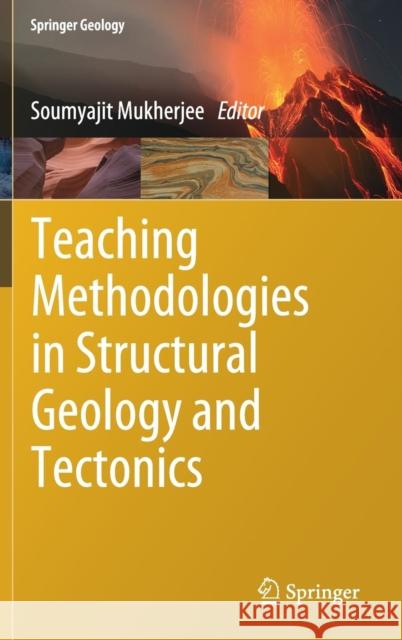Teaching Methodologies in Structural Geology and Tectonics » książka
topmenu
Teaching Methodologies in Structural Geology and Tectonics
ISBN-13: 9789811327803 / Angielski / Twarda / 2019 / 251 str.
Kategorie BISAC:
Wydawca:
Springer
Seria wydawnicza:
Język:
Angielski
ISBN-13:
9789811327803
Rok wydania:
2019
Wydanie:
2019
Ilość stron:
251
Waga:
0.55 kg
Wymiary:
23.39 x 15.6 x 1.6
Oprawa:
Twarda
Wolumenów:
01
Dodatkowe informacje:
Wydanie ilustrowane











